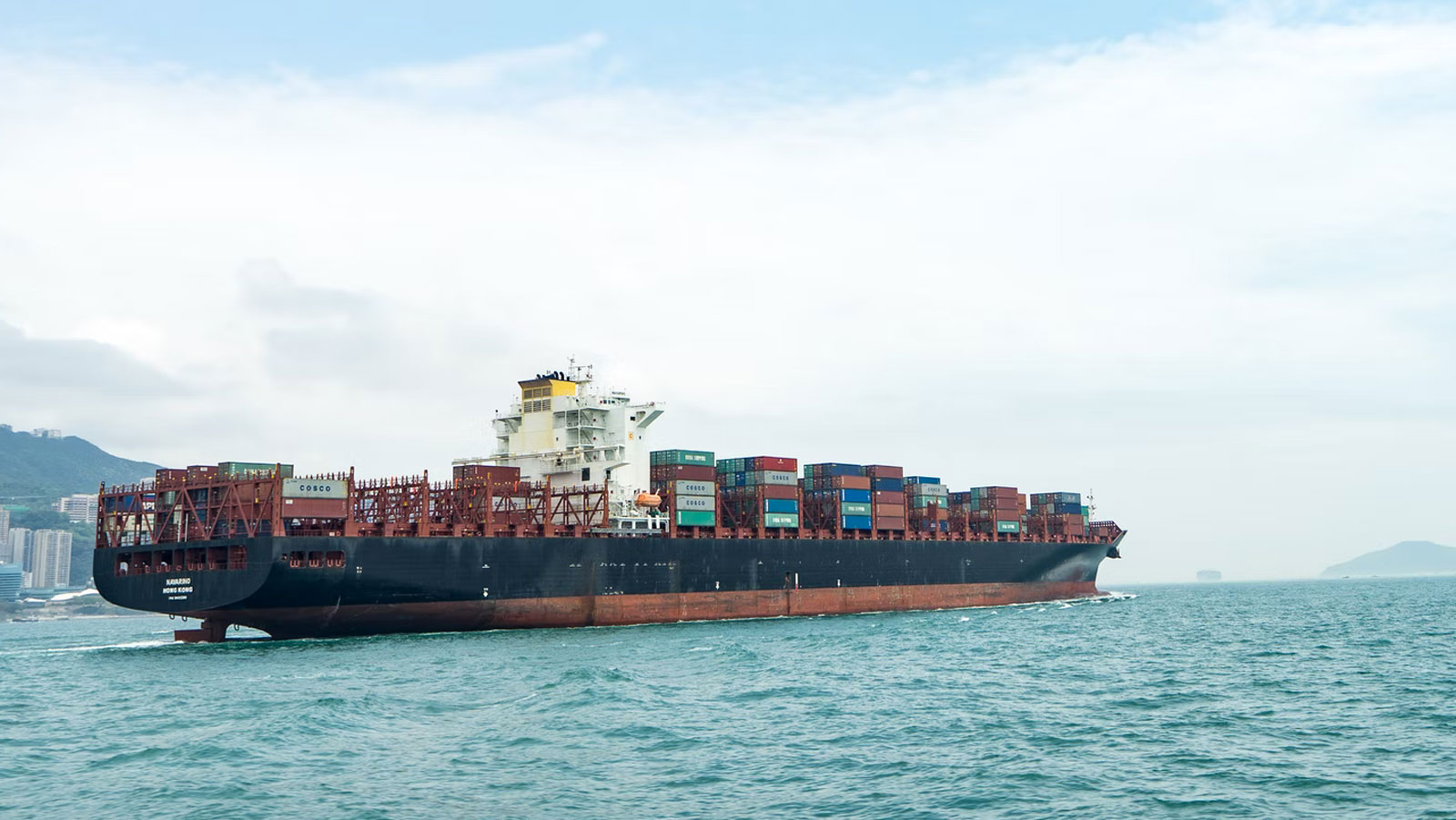When it comes to powering ships or generating electricity, fuel oil or bunker fuel is the preferred choice thanks to it being economical and readily available.
Low-sulfur fuel oil today is highly utilised and traded as new regulations from the International Maritime Organisation (IMO) now limit sulfur in fuel oil down to only 0.5% S.
This remnant from the distillation of oil is used primarily as a fuel source for marine vessels as well as generating electricity in certain situations. The fuel oil market is a thriving one with over 7 million barrels per day of total demand out of which 3.5 million barrels come from ship bunkers.
China is one of the largest producers and consumers of low sulfur fuel oil, thanks to its expanding economy and allows traders to actively participate in the fuel oil markets.
In the past, most fuel oil trading was done in the over-the-counter (OTC) markets through swaps between big companies, trading firms and producers, but now investors can participate in the markets as well.
Producers, consumers and investors can now access the low sulfur fuel oil markets in China through the Shanghai International Energy Exchange (INE) to hedge their positions, lock in margins as well as take directional positions.
In this article, we will take you through everything you need to know about trading low-sulfur fuel oil as well as what affects its supply and demand.
6 Things To Know About Low-Sulfur Fuel Oil Futures
1. It Is Primarily Used In The Shipping Industry
As international trade grows so does the shipping industry and its demand for low-sulfur fuel oil.
When COVID-19 hit, not only did the oil price drop but shipping demand also fell drastically, this caused the demand for fuel oil to tank as well as more than 50% of the fuel needs come from fuel oil.
This means that any event that impacts the shipping industry will affect the price of fuel oil to a large degree.
For example, a global boost in trade and economic growth will see a boom in shipping and thus possibly send the price of fuel oil higher.

2. Demand Is Affected By Global Shipping & Trade Demand
As fuel oil is primarily used by the shipping industry, its demand is also shaped by the rules and regulations mandated by the IMO.
For example, the IMO’s sulfur cap decision is moving from heavy fuel oil with high sulfur concentration to low-sulfur fuel oil to power the ships.
This is a global mandate which will affect the demand for low-sulfur fuel oil, increasing its demand in this case.
However, rulings that allow a relaxation of sulfur rules will mean more shipping companies opting for the cheaper high sulfur fuel oil, this will lower demand and prices for the low-sulfur option.
Traders will need to keep an eye on how shipping and fuel regulations evolve.
3. Demand Will Fluctuate As We Become More Environmental Conscious
As the world moves toward more environmental solutions such as solar energy increases, it is important to understand that demand for low-sulfur fuel oil will vary.
Ships today are burning heavy fuel oil to power their engines and with the move towards low-sulfur variants, low-sulfur fuel oil will benefit from the increase in demand.
However, if ships begin to harness more alternative energy sources such as solar power, the overall demand for fuel will drop and this will impact low-sulfur fuel oil as well.

4. Fuel Oil Prices Are Correlated With The Supply & Demand For Crude Oil
When it comes to fuel oil demand, it is correlated with countries that import and utilise the most crude oil. This is because crude oil has to be refined into its constituents, one of which is fuel oil.
China, for example, imports a total of over 12.8 million barrels of oil (and oil products) per day, with Europe in second place importing 12.6 million barrels and the United States in 3rd place importing 7.8 million barrels a day.
Traders and investors should understand the factors that affect the supply and demand of oil in these countries, especially during a time of conflict and sanctions, as this will affect the price of crude oil and by association, fuel oil.
5. Understanding China’s Fuel Oil Market
Fuel oil is one of the most popular petroleum products utilised in China and mainly goes into the marine sector including shipping.
It is important to note that China’s domestic marine fuel market for the domestic-voyage segment comes from the country’s domestic refineries and blending companies. However, the bonded fuel segment comes from international imports.
When analyzing China’s fuel oil market, it is important to take into account the tax rebate policy for fuel oil exports. There is currently a consumption tax of 30%, amongst others, on fuel oil but this might change in the future and should be carefully monitored.
A tax reduction could mean more fuel imports could enter the country as demand increases.
6. You Can Trade Low Sulfur Fuel Oil In The INE
Trading of low-sulfur fuel oil can be done on the Shanghai International Energy Exchange or the INE.
Traders will be able to trade the product in contract sizes of 10 metric tons per lot, is priced in Yuan (RMB) and would have to put up a minimum trading margin of only 8% of the contract value.
In addition, traders will also need to know that the contract can also be settled for physical delivery if there is a need to take physical custody of the fuel oil.

Access The Fuel Oil Market Today With Orient Futures Today
At Orient Futures, we provide traders and hedgers with access to the international futures market including the Shanghai INE to trade low-sulfur fuel oil.
We provide clients with direct access to China's market through exchanges such as the INE and Dalian Commodity Exchange (DCE) as well. As demand for fuel oil and other commodities are growing in China, investors and traders can leverage our platform to trade the Chinese commodity futures market.
To trade futures (of any product) in the INE, individual investors and companies will have to go through a futures firm member of the INE or an overseas broker, which is where Orient Futures can help.
We are an official MAS regulated broker as well as an official overseas intermediary, allowing traders to access a spectrum of futures and options in Chinese exchanges including the INE, DCE and ZCE.
With us, you can enjoy direct access to trading, clearing and settlement. Our parent company, Shanghai Orient Futures, is the largest broker in terms of aggregated volume across the five regulated exchanges in China.






